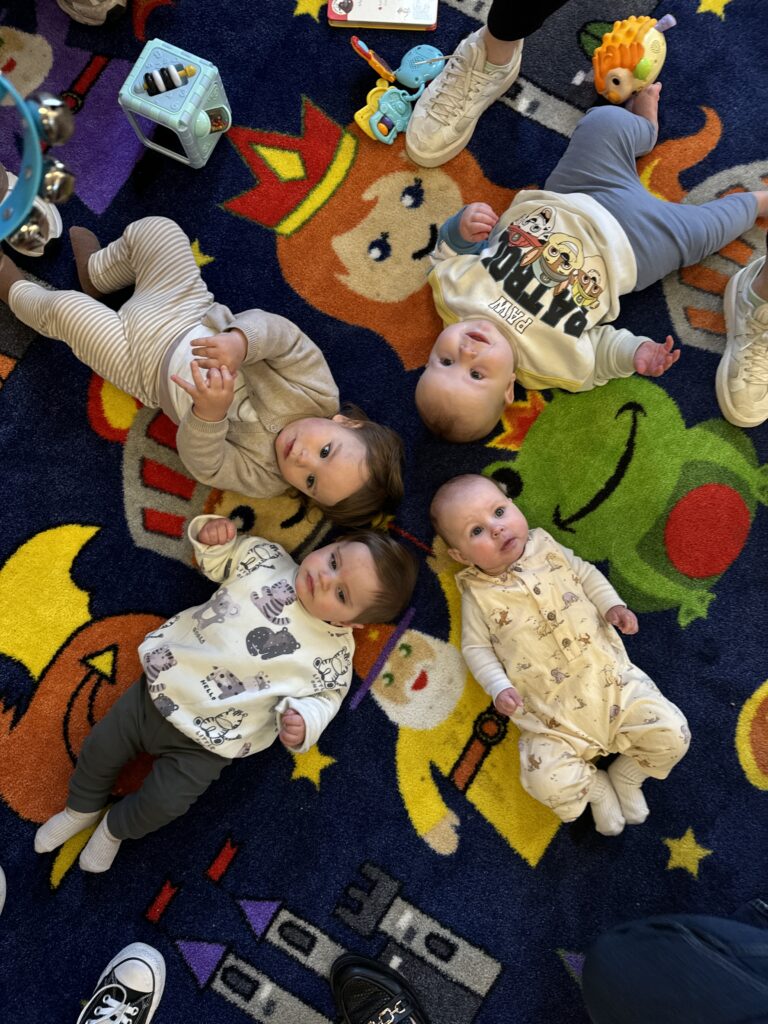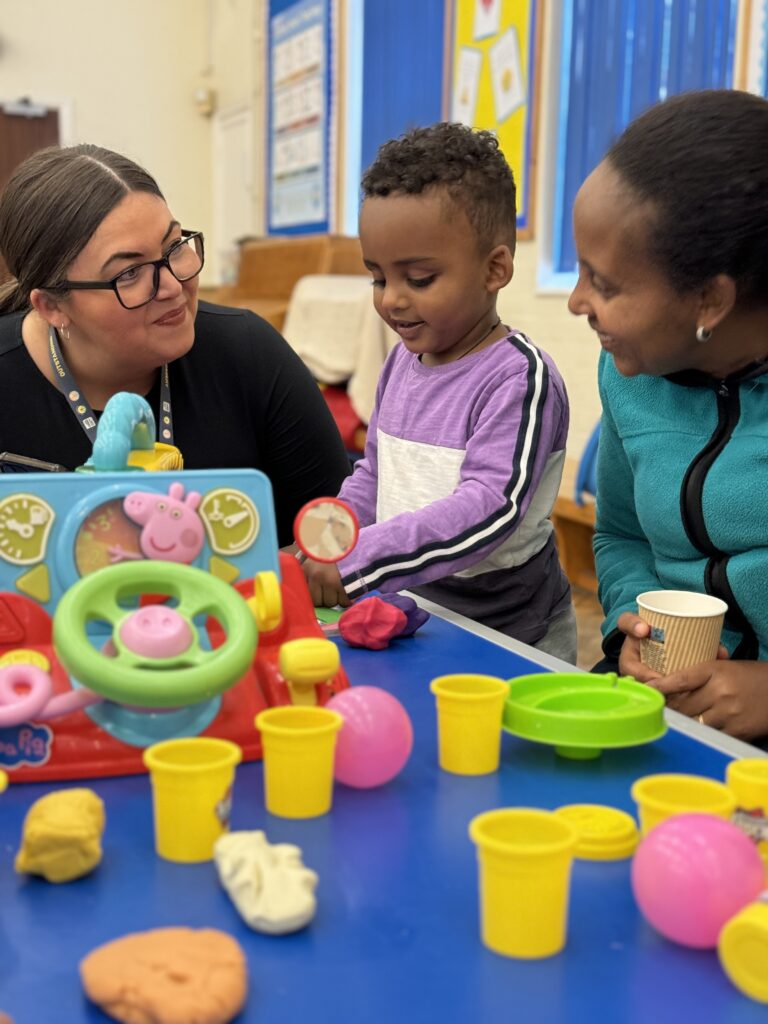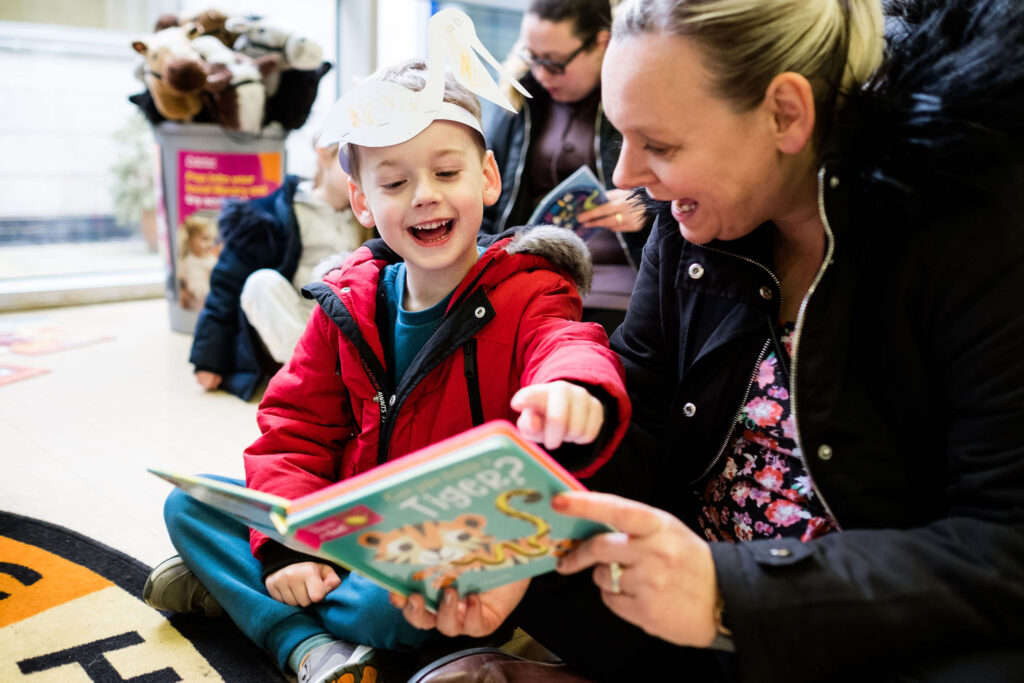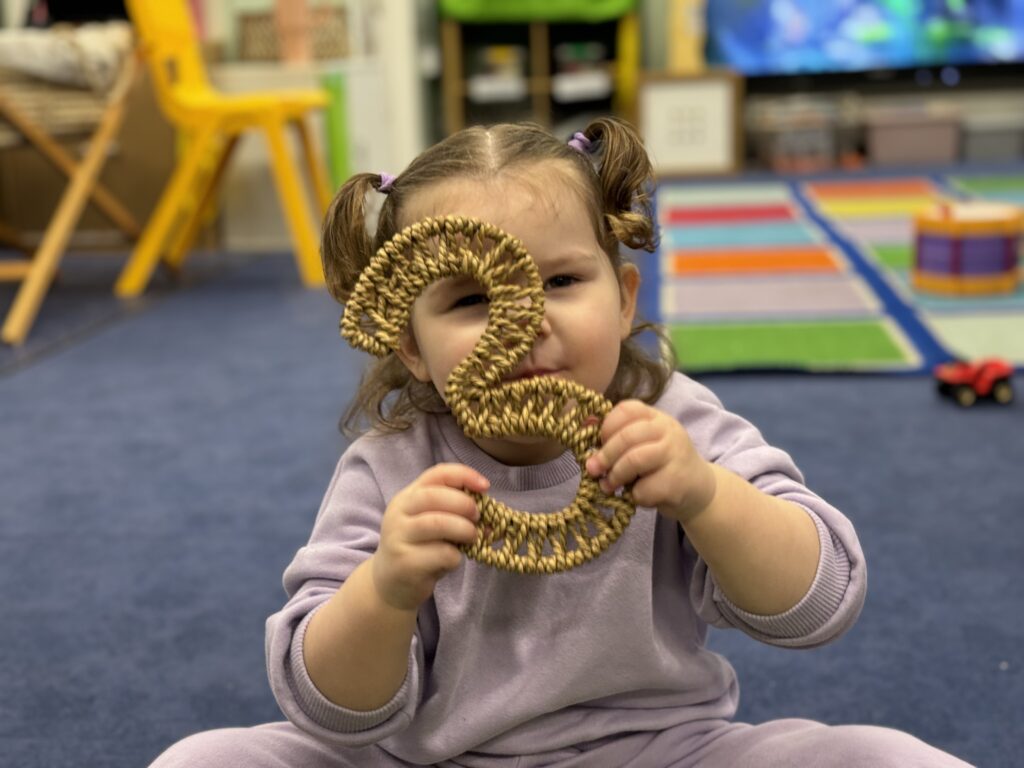1. The first five years are critical
The evidence is now overwhelming that the first five years set the foundations for future success and wellbeing. If we focus policy and approaches after age five, we are missing the critical period when brain architecture is built, shaping our long term emotional, social and cognitive development.
Data shows that the key to positive outcomes lies in the continuous, sensitive, stimulating and responsive care from the primary caregivers in a child’s life. All family, social care, early education and care work should foster these enriching, responsive relationships and promote early learning and emotional wellbeing. This should be our hymn sheet, right across the sector.

2. Start early, because inequality does
Social inequalities start long before school. Data from the Millennium Cohort Study shows that 50-80% of the gaps in educational achievements can be attributed to disadvantages established before starting school.
Despite efforts in education policy, these gaps have proved stubbornly stable over the past 20 years. To make significant change, we must start earlier.
3. Evidence and practice go hand in hand
Since the 2000s, mounting evidence supports programs that focus on nurturing, responsive care, and parenting support. SureStart, Family Hubs, Start for Life and similar initiatives are proven to promote emotional wellbeing, reduce behavioural problems, and encourage early language and cognitive development.
The introduction of What Works Centres in 2013 has improved our ability to synthesize evidence into practical guidance in a way that just wasn’t available to the people working on SureStart. We must embrace the opportunities this presents us with, so we can continue to strengthen the link between evidence and practice. One thing that could make a big difference would be to create national and regional implementation hubs that could help local organisations on their journey to integrating evidence-based practice into their offer for families. Linking those hubs up across the country could also make a big difference in spreading best practice.

4. Family environment and support are the #1 priority
High-quality early education provision makes a real difference to children and families but the family environment during the early years of childhood remains the most important. There is more we can do to support families through their contact with early education providers.
Including parenting support in early care and education settings can lead to significant improvements in child development. Providing this support through trusted local organisations also helps reduce fear and judgement around seeking help and increases the numbers of parents and carers getting involved.
And one note of caution
There is no ‘silver bullet’. The evidence is clear on what works but the beneficial effects can vary. No single intervention works for all children and families, so we have to offer families a range of flexible support options, delivered by skilled practitioners, sustained throughout childhood.
This way approaches can be adapted, developed and refined and families and children should be offered multiple points of engagement with support throughout their development.

A vision for the future
We should look ahead to integrated early childhood support and services.
Joined up services, that speak the same language, are aligned with best evidence from child development science, and are responsive to the needs of families and communities is what we should be aiming for.
A range of evidence-based interventions should be offered that are stigma-free, locally meaningful, and guided by community needs.
These initiatives should be supported by broader strategies for community wellbeing and prevention, including preventing adult mental ill-health, tackling child poverty, improving housing, addressing domestic violence, and fostering cultural and social capital in our communities.
Sure Start’s 30-year anniversary in 2028 gives us a perfect milestone, to see how much progress we can achieve towards this vision in the next four years.
Pasco Fearon is a member of Thrive at Five’s Advisory Council, Director of the University of Cambridge’s Centre for Family Research and Chair of Educational Psychopathology at University College London.


